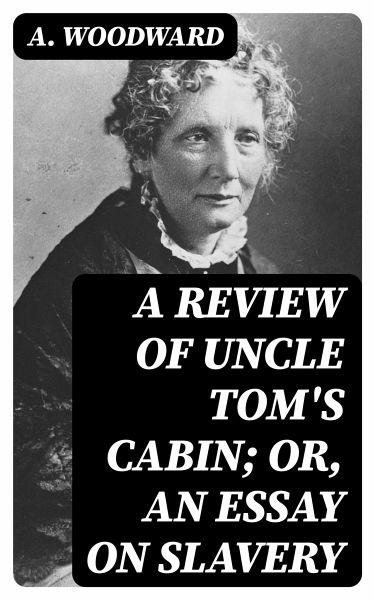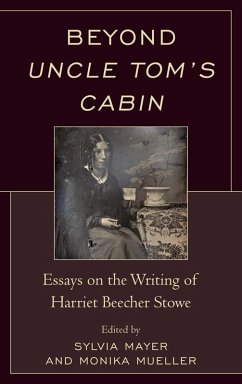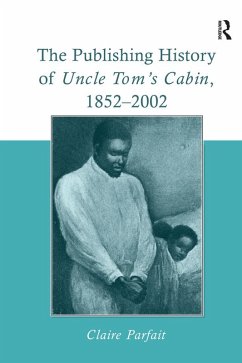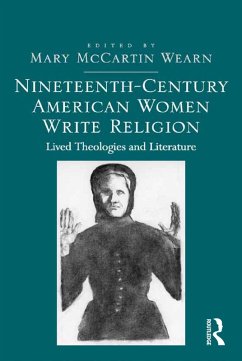
A Review of Uncle Tom's Cabin; or, An Essay on Slavery (eBook, ePUB)
Versandkostenfrei!
Sofort per Download lieferbar
1,99 €
inkl. MwSt.
Weitere Ausgaben:

PAYBACK Punkte
0 °P sammeln!
In "A Review of Uncle Tom's Cabin; or, An Essay on Slavery," A. Woodward engages with the complexities of Harriet Beecher Stowe's seminal work, offering a critical exploration of its themes and impact on the dialogue surrounding slavery in America. Woodward employs a thoughtful and analytical literary style, deftly situating Stowe's narrative within the context of 19th-century American culture, its moral quandaries, and its burgeoning abolitionist movement. Through meticulous examination, the author interrogates the portrayal of slavery and resistance, while also addressing the societal implic...
In "A Review of Uncle Tom's Cabin; or, An Essay on Slavery," A. Woodward engages with the complexities of Harriet Beecher Stowe's seminal work, offering a critical exploration of its themes and impact on the dialogue surrounding slavery in America. Woodward employs a thoughtful and analytical literary style, deftly situating Stowe's narrative within the context of 19th-century American culture, its moral quandaries, and its burgeoning abolitionist movement. Through meticulous examination, the author interrogates the portrayal of slavery and resistance, while also addressing the societal implications of Stowe's characterizations and moral arguments, making it a vital contribution to the discourse on race and ethics in literature. A. Woodward, an esteemed scholar in American literature, possesses a deep-seated passion for social justice that undeniably informs this analysis. His background in historical studies and literature has equipped him to dissect the nuances within Stowe's work, enhancing his ability to convey the importance of literature as a vehicle for social change. Woodward's commitment to addressing issues of race and morality is evident, illustrating how literature can illuminate the struggles for human rights. This book is recommended for readers interested in literary critique, historical context, and the socio-political ramifications of Stowe's work. Woodward's rigorous analysis not only enriches the understanding of "Uncle Tom's Cabin" but also invites contemporary readers to reflect on the enduring legacies of slavery and the power of literature in advocating for justice.
Dieser Download kann aus rechtlichen Gründen nur mit Rechnungsadresse in A, B, BG, CY, CZ, D, DK, EW, E, FIN, F, GR, H, IRL, I, LT, L, LR, M, NL, PL, P, R, S, SLO, SK ausgeliefert werden.













